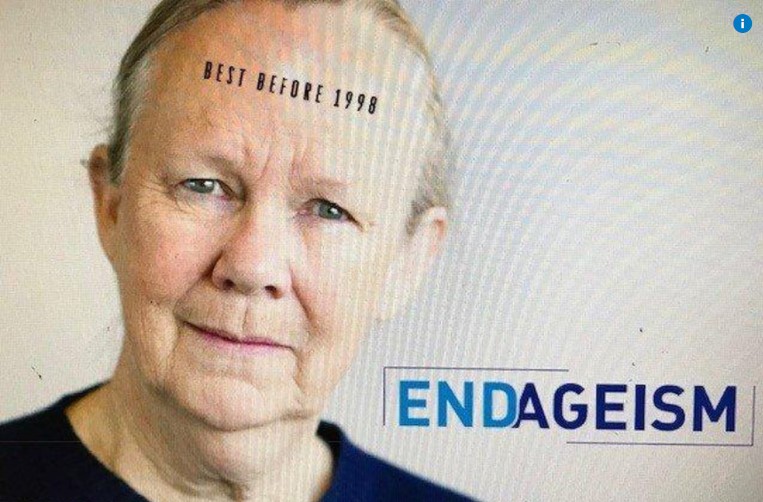(As published by the Hamilton Spectator November 26, 2021)
Dr. Margaret Denton
Robert Butler coined the term ageism in 1969. Much like racism or sexism, ageism refers to stereotypes of prejudice and discrimination against people based on a single trait: their age. In a survey of 57 countries, one in every two people were ageist toward older people.
In its Global Report on Ageism, the United Nations states “Ageism arises when age is used to categorize and divide people in ways that lead to harm, disadvantage and injustice and erode solidarity across generations.” Ageism may be seen in how we think (stereotypes), how we feel (prejudice) and how we act (discrimination) toward people on the basis of age. It can be directed to both older and younger people. It can be systemic, interpersonal or even self-directed.
Ageism at the systemic level refers to the policies and practices that seep into many institutions and sectors of society including those providing health and social care, the workplace, media and the legal system. Healthcare rationing based solely on age alone is widespread. A systematic review in 2020 showed that in 85 per cent of 149 studies, age alone determined who received certain medical procedures or treatments. For example, during COVID-19 many older adults in long-term care were cared for in their institutions rather than being transferred to a hospital where they might have received more intensive treatment. Underfunding of long-term care resulting in the mistreatment of older adults and poor quality of care is well-documented.
Many examples of ageism exist at the interpersonal level. Older adults are patronized by being called “dear” or “sweetie” by sales people and service providers rather than being addressed by their name or a more respectful term such as sir/madam. We may attribute loss of memory due to aging when Dad misplaces his car keys when in fact many younger people also cannot remember their most recent location. Younger older adults may decide not to attend a seniors centre because only “old” people go there. Older adults may not be invited on an outing because younger family members assume they would not be interested or would be unable to participate. Older adults are not seen as making important contributions to society despite the fact that many are valuable resources to their families and to the community.
Ageism has serious and wide-ranging consequences for health and well-being. Research has shown that among older people, ageism is associated with poorer physical and mental health, increased social isolation and loneliness, greater financial insecurity for some, decreased quality of life and premature death.
Ageism can be combatted. We need to change how we think, feel and act toward older age and aging. We must reduce ageism in both our public and private institutions including health care, education and the workplace. Educational activities can boost knowledge and skill and increase empathy. Changes to policy and law can protect human rights and address age discrimination and inequality.
Global action is required to tackle ageism. The World Health Organization has launched a Global Campaign to Address Ageism. The UN has declared 2021-2030 as the Decade of Healthy Aging and member states, including Canada, are encouraged to support the development of a Convention on the Rights of Older Persons. For more information, visit the International Longevity Centre Canada at ilccanada.org.
Dr. Margaret Denton is a Professor Emeritus, Department of Health, Aging and Society, McMaster University and a board member of the Hamilton Council on Aging, For more Information and to donate to the Hamilton Council on Aging please visit https://www.coahamilton.ca
Click here for the Hamilton Spectator article.

